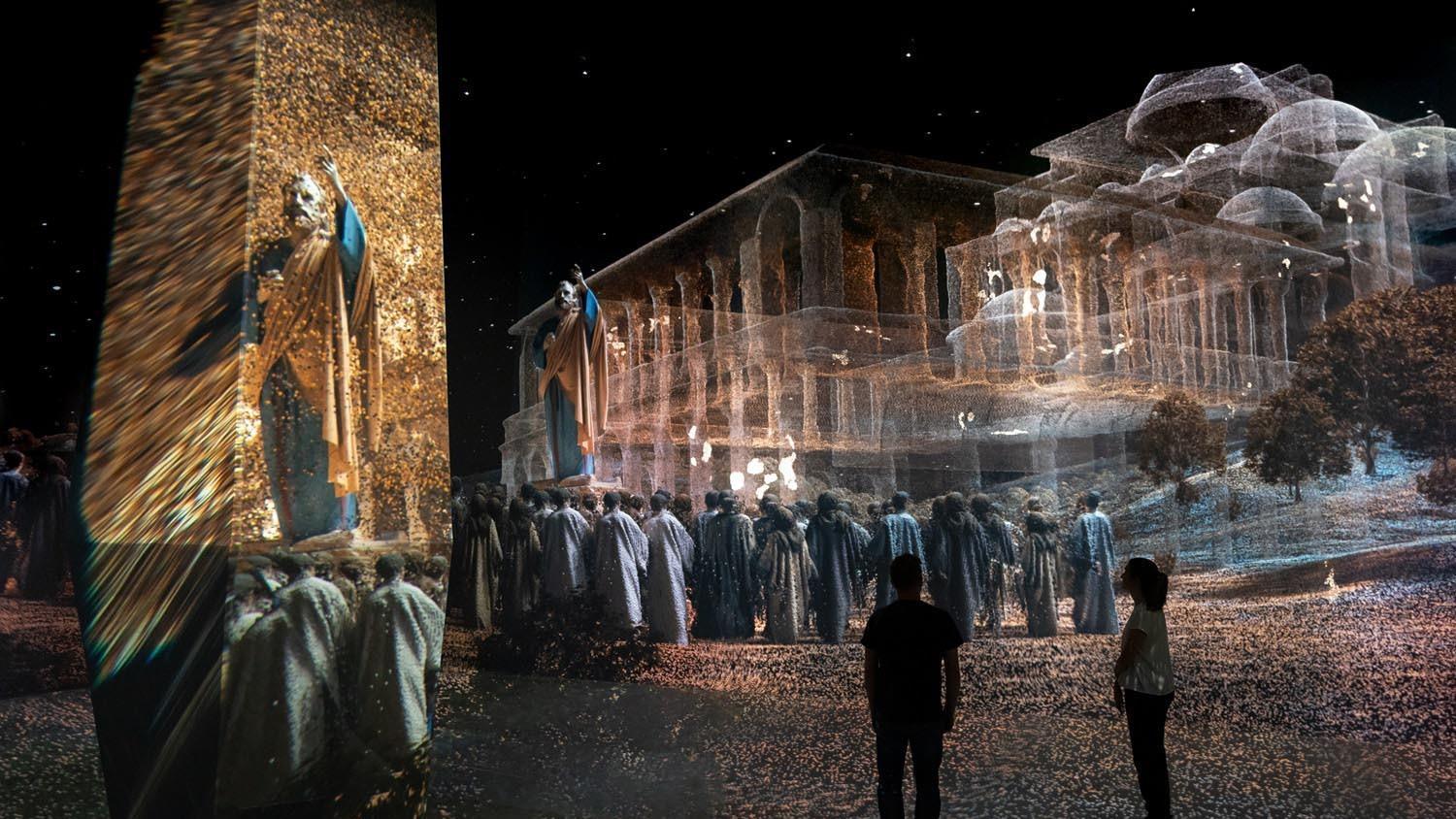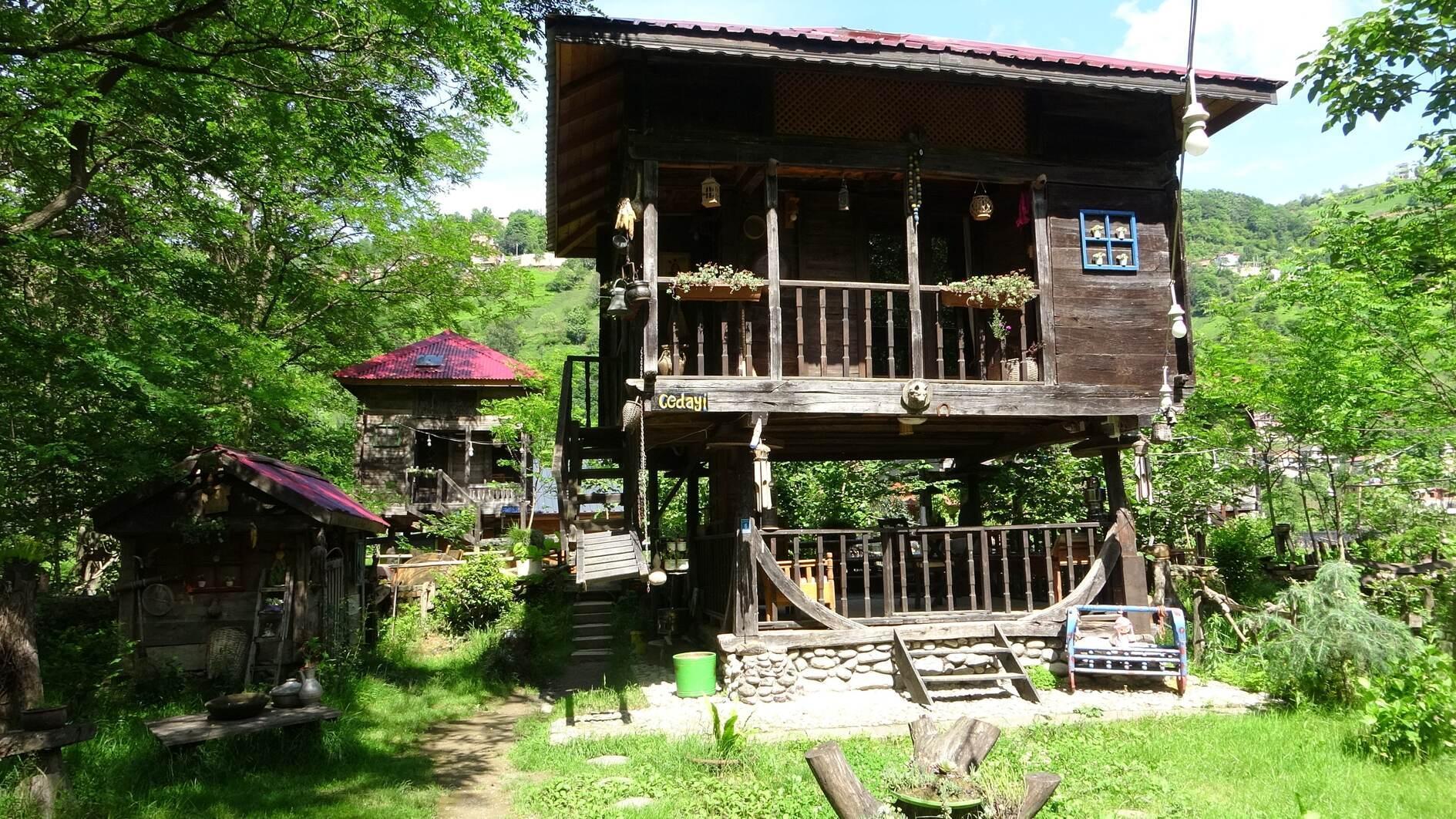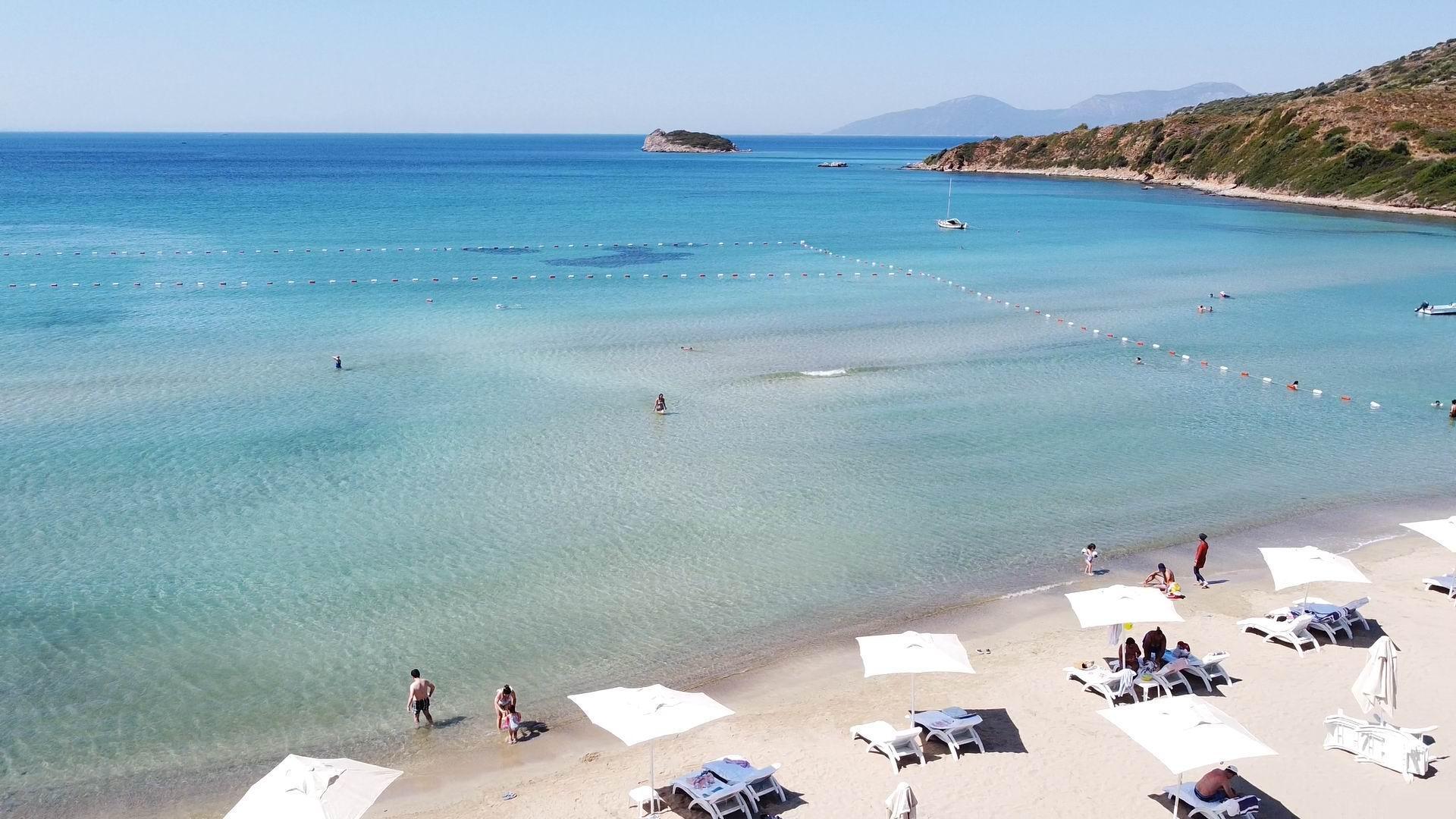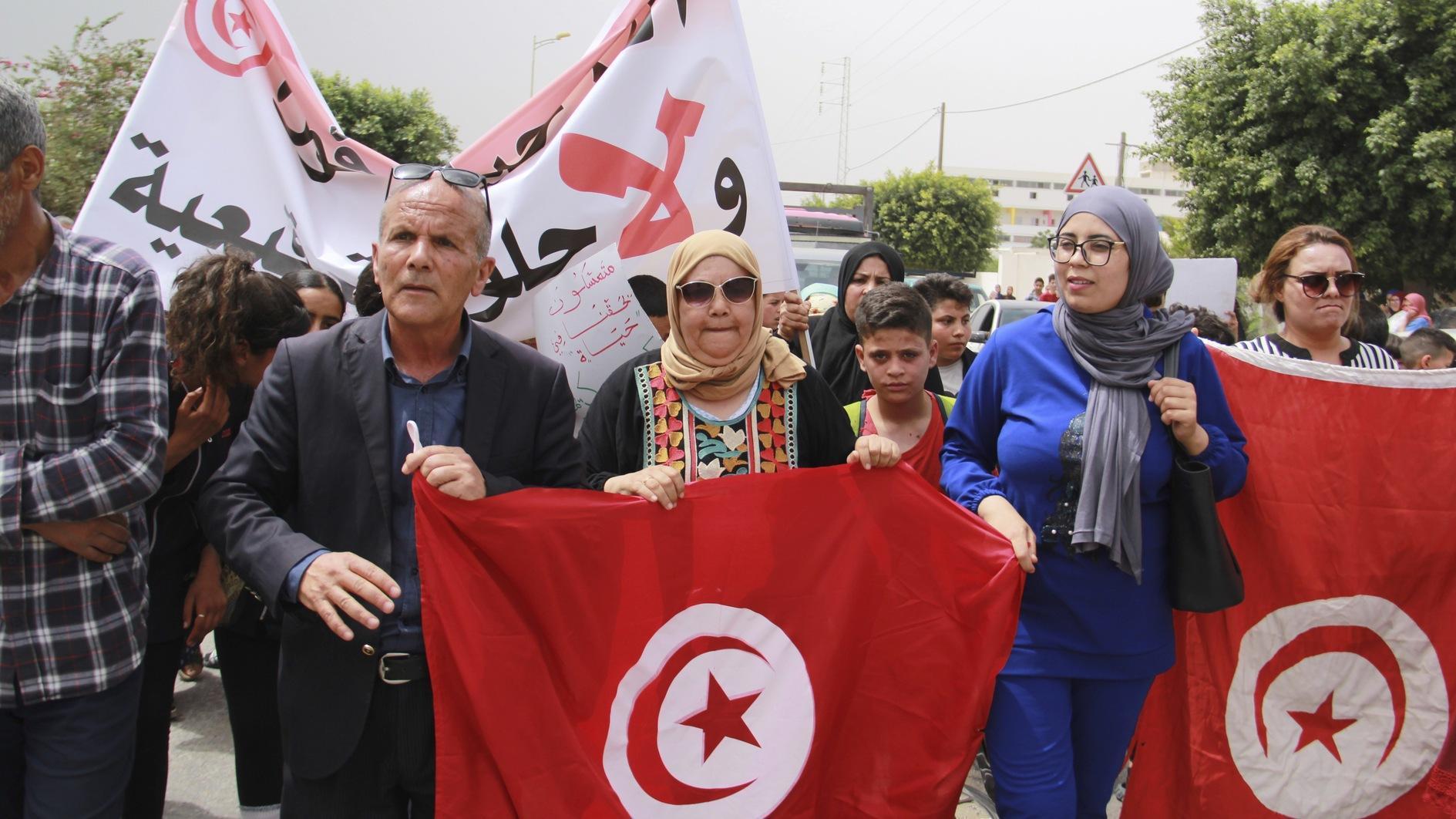Hamas accepts Gaza truce proposal
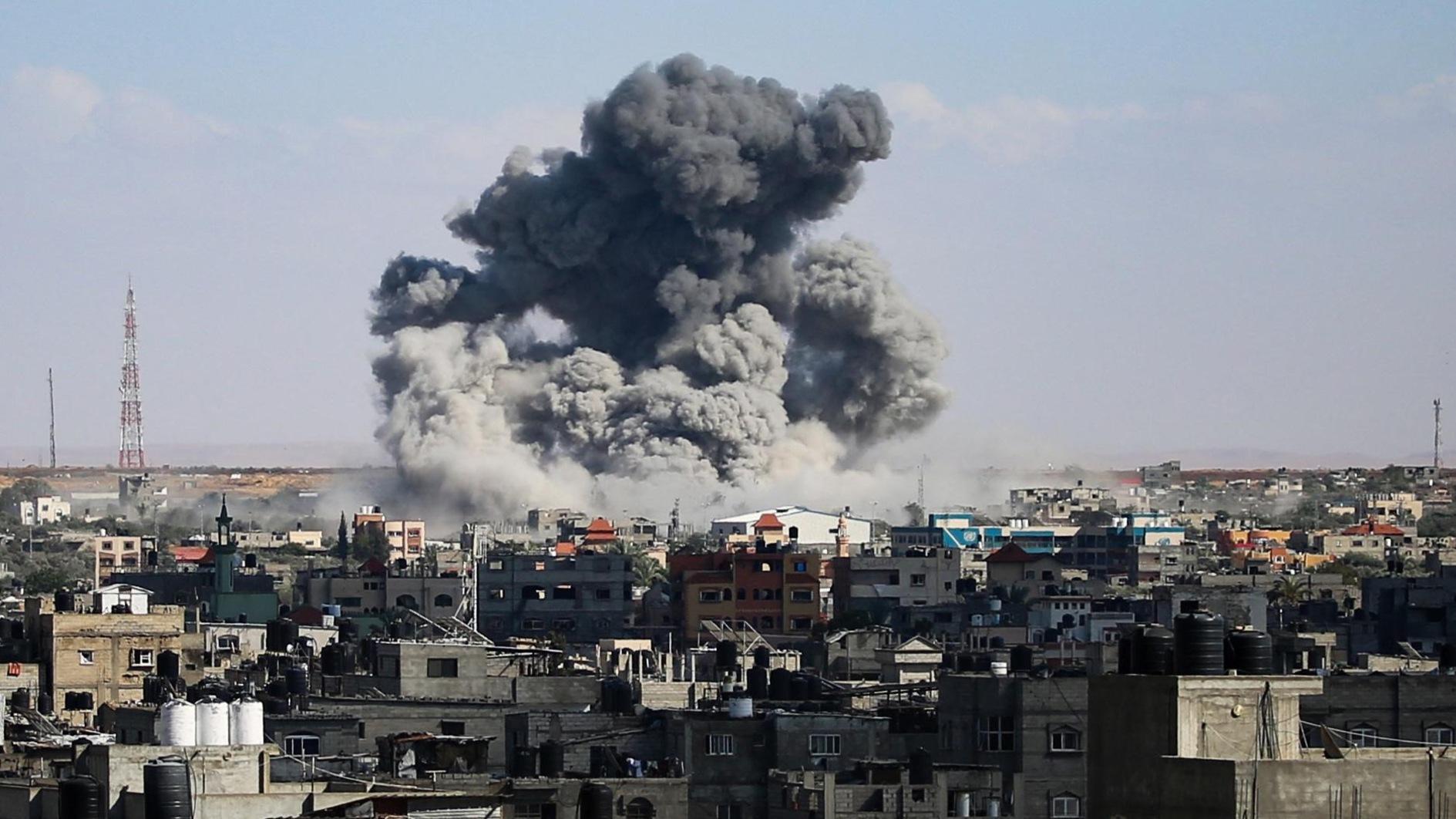
Hamas leader Ismail Haniyeh on Monday informed mediators Qatar and Egypt that Hamas had accepted their proposal for a ceasefire in Gaza after nearly seven months of war.
"Ismail Haniyeh, head of the political bureau of Hamas movement, conducted a telephone call with the prime minister of Qatar, Sheikh Mohammed bin Abdulrahman Al Thani, and with the Egyptian intelligence minister, Mr Abbas Kamel, and informed them of Hamas's approval of their proposal regarding a ceasefire agreement," the group said in a statement published on its official website.
A senior Hamas official said that Israel must decide whether it accpets or "obstructs" a truce in Gaza after the Palestinian group announced it had accepted mediators' latest proposal.
"After Hamas agreed to the mediators' proposal for a ceasefire, the ball is now in the court of Israeli occupation, whether it will agree to the ceasefire agreement or obstruct it," the official told AFP on condition of anonymity because he was not authorised to speak publicly about the negotiations.
Israel called on Palestinians to leave eastern Rafah Monday ahead of a ground invasion of the southern Gaza city, amid increasing global alarm about the consequences of such a move.
Israeli Prime Minister Benjamin Netanyahu has vowed to send ground troops into Rafah regardless of any truce, defying international concerns.
"Today's evacuation orders for East Rafah will only worsen the civilians' suffering," said Stephane Dujarric, spokesman for U.N. Secretary-General Antonio Guterres, adding "a mass evacuation on this scale is impossible to carry out safely."
The foreign ministry in Cairo warned in a statement of "grave humanitarian risks" for more than one million Gazans sheltering there and urged Israel to "exercise the utmost restraint".
U.S. President Joe Biden and Netanyahu spoke and Biden restated "his clear position", the White House said.
It also said the Israeli premier "agreed to ensure the Kerem Shalom crossing is open for humanitarian assistance for those in need".
Israel closed the border crossing Sunday after four soldiers were killed there by rockets fired from the Rafah area, an attack claimed by Hamas.
U.N. human rights chief Volker Turk in a statement called Israel's evacuation order on Monday "inhumane".
"It runs contrary to the basic principles of international humanitarian and human rights laws," he said.
'Thousands' leaving
Gaza's bloodiest-ever war began following Hamas's Oct. 7 attack on Israel that resulted in the deaths of more than 1,170 people, mostly civilians, according to Israeli official figures.
Israel estimates that 128 of the hostages abducted by militants remain in Gaza, including 35 whom the military says are dead.
Vowing to destroy Hamas, Israel has conducted a retaliatory offensive that has killed at least 34,735 people in Gaza, mostly women and children, according to the Hamas-run territory's health ministry.
About 1.2 million people are sheltering in Rafah, the World Health Organization says.
Hamas said Israel was planning a large-scale offensive "without regard for the ongoing humanitarian catastrophe" in the besieged Gaza Strip or for the fate of hostages held there.
Israel's "limited" and temporary evacuation order aimed "to get people out of harm's way" and followed Sunday's deadly rocket fire on the Kerem Shalom crossing.
Gazan civil defence and aid officials said Israeli jets had struck areas of Rafah including Al-Shuka and Al-Salam, both of which had been told to evacuate.
The Palestinian Red Crescent said "thousands" of Gazans were on the move, leaving eastern Rafah.
Israel's military in a statement urged eastern Rafah residents to head for the "expanded humanitarian area" at Al-Mawasi on the coast.
That area "includes field hospitals, tents and increased amounts of food, water, medication and additional supplies," it said.
But aid groups said the Israeli-designated safe zone was not ready for such an influx.
"The area is already overstretched and devoid of vital services", said Norwegian Refugee Council director Jan Egeland.
Asked how many people should move, an Israeli military spokesman said: "The estimate is around 100,000 people."
The Red Crescent said the designated evacuation zone hosts around 250,000 people, many of them already uprooted from elsewhere.
On Monday EU foreign affairs chief Josep Borrell called the evacuation orders "unacceptable" and urged Israel to "renounce" a ground offensive.
The French foreign ministry said it "strongly opposed" an offensive on Rafah.
A Palestinian presidency statement called on Washington to prevent a "massacre" in Rafah.
Jordan's Foreign Minister Ayman Safadi posted on X: "Another massacre of the Palestinians is in the making... All must act now to prevent it."
UNICEF warned that around 600,000 children packed into Rafah face "further catastrophe".
The main aid group in Gaza, UNRWA, said "an Israeli offensive in Rafah would mean more civilian suffering and deaths".
The U.N. agency "is not evacuating", it added.



